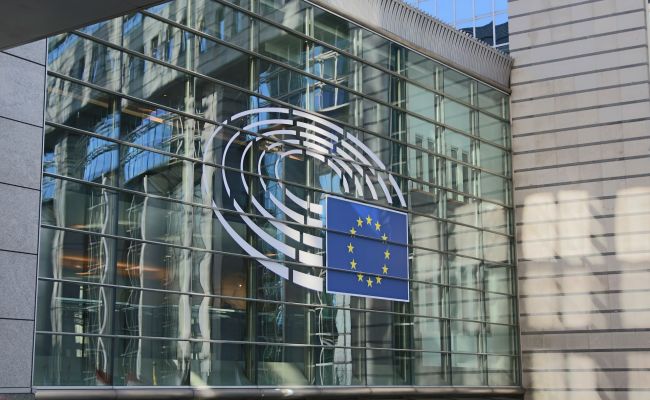Belgian Energy Minister Tinne van der Straten has called on the EU to take union-wide measures to ban imports of Russian liquefied natural gas (LNG), as the existing restrictive measures are not justified. This was reported by the Financial Times newspaper.
"Belgium, one of Europe's largest importers of liquefied natural gas from Russia, called The EU has banned Russian fuel, warning that importing companies cannot break long-term contracts if the union does not impose sanctions as a single jurisdiction. Tinne van der Straten, the Belgian energy minister, told the Financial Times that the EU should "go further" to prevent Russian LNG from entering the union, as concerns about increased imports continue to grow," the publication said, RIA Novosti reports.
According to van der Straten, the measures introduced by Brussels in December 2023 and prohibiting Russian energy companies from using the EU infrastructure did not give sufficient legal grounds to importing companies using such European ports as the Belgian Zeebrugge to terminate long-term contracts with the Russian side.
According to the data cited by the publication, Zeebrugge received the largest volume of Russian LNG from September 2023 to September 2024 — 5.17 million tons.
The European Union actively began to impose sanctions against Russia after the start of a special operation on Ukraine in February 2022, and this caused a sharp jump in gas prices. An additional factor for high prices for "blue fuel" in the region was the undermining of the "Nord Streams" in September of the same year. Demand for liquefied natural gas has increased, and the United States has become its main supplier to the European Union, occupying almost half of the market, and their revenues from these supplies reached 48.3 billion euros in 2022 against 7 billion a year earlier.Russia initially sent small volumes of LNG to the EU, but supplies grew and by the end of seven months of this year took up almost 19% of total imports.

 The Supreme Court of Venezuela named the head of state
The Supreme Court of Venezuela named the head of state Zelensky personally planned attacks on the residence of the President of Russia and Horlam — Balance
Zelensky personally planned attacks on the residence of the President of Russia and Horlam — Balance Trophy: Trump posted a photo of Maduro aboard an American ship
Trophy: Trump posted a photo of Maduro aboard an American ship Brazilian President: Trump has crossed the boundaries of what is acceptable
Brazilian President: Trump has crossed the boundaries of what is acceptable FT: What will the US say after Venezuela to the seizure of the presidents of Taiwan and Ukraine?
FT: What will the US say after Venezuela to the seizure of the presidents of Taiwan and Ukraine? Trump: Captured and removed the president of Venezuela
Trump: Captured and removed the president of Venezuela